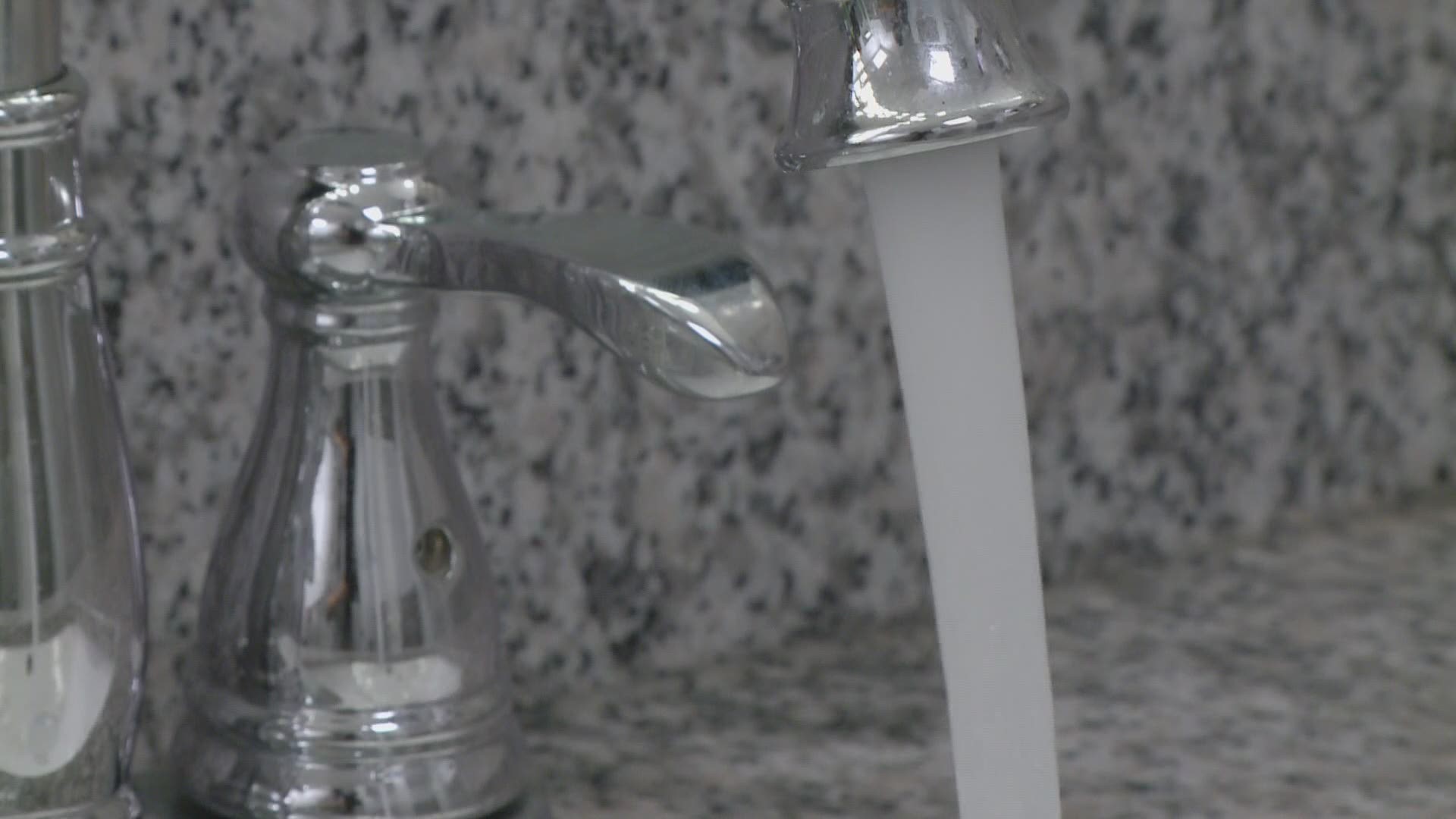PORTSMOUTH, N.H. — According to the Centers for Disease Control (CDC) exposure to so-called "forever chemicals" can make people more at risk for COVID-19.
That's just one of the new concerns among the thousands for those who drank contaminated water at a former AF Base in Portsmouth, N.H.
PFAS is a class of chemicals found in household products to firefighting foam. The compounds have also been linked to a number of health problems including cancer.
Early this year, federal health officials launched a first in the nation study into the long term health impacts, but that is on hold due to the pandemic.
Worrying about her family's health is always on Andrea Amico's mind. Two of her children and her husband drank water laced with PFAS chemicals at the Pease Trade Port. Her children were exposed at one of the daycare centers on the former Air Force Base.
"I have always been concerned about their exposure to PFAS and what that means for their health in the long term, and now facing COVID, those concerns are even more elevated," Amico said
According to the CDC's Agency for Toxic Substances and Disease Registry, studies suggest exposure to high levels of forever chemicals could suppress the immune system and increase the risk of getting the virus. Studies have also shown that exposure to PFAS could reduce the effectiveness of childhood vaccines.
The chemicals were in firefighting foam used in training exercises at Pease, which seeped into the drinking water supply. Amico and other moms fought for more than five years to get a federal health study into the long term health impacts. The chemicals have been linked to a number of health issues including kidney cancer and thyroid problems. The Pease community will serve as a model site for a national health study. Federal investigators had just set up an office at Pease to begin screenings of adults and children, who drank the water on the base between 2004 and 2014 when the pandemic hit.
Recently federal funding for the study was boosted to $15 million to cover the costs of the delay and ensure that it continues. Amico believes the study can re-open safely with extra precautions to prevent the virus.
Federal health experts need 1,000 adults and 350 children who were exposed to PFAS and about 200 who were not exposed to participate in the study. Only 25 percent of that number signed on before the study was paused. Amico says the delay could play a role in the quality of the results.
"We are already six years out from when the contamination was discovered, a health study has started which is better late than never but if we keep kicking this can down the road, it's going to impact our results," Amico said.
Important answers not only for Pease but for other communities across the country grappling with a growing PFAS contamination crisis.
Click here for more information about the study being conducted by the ATSDR.

